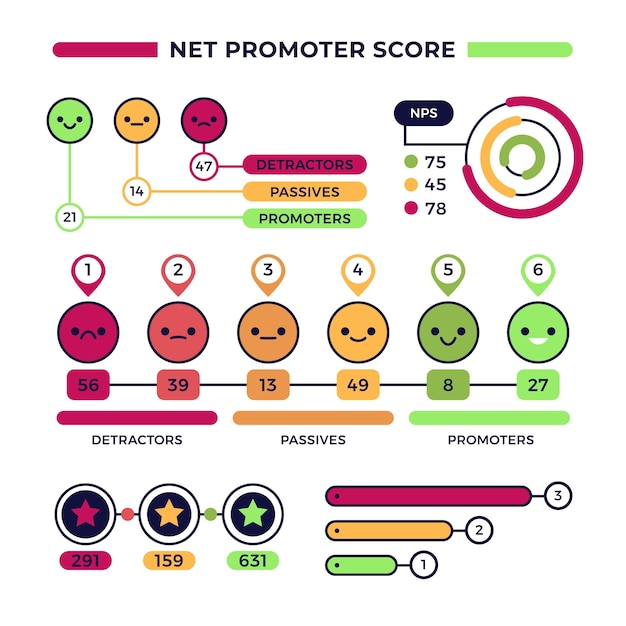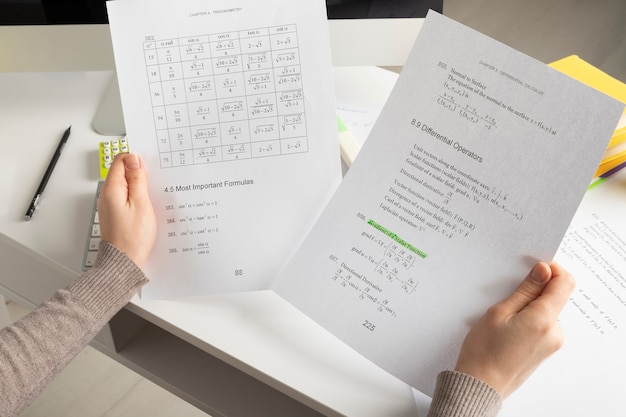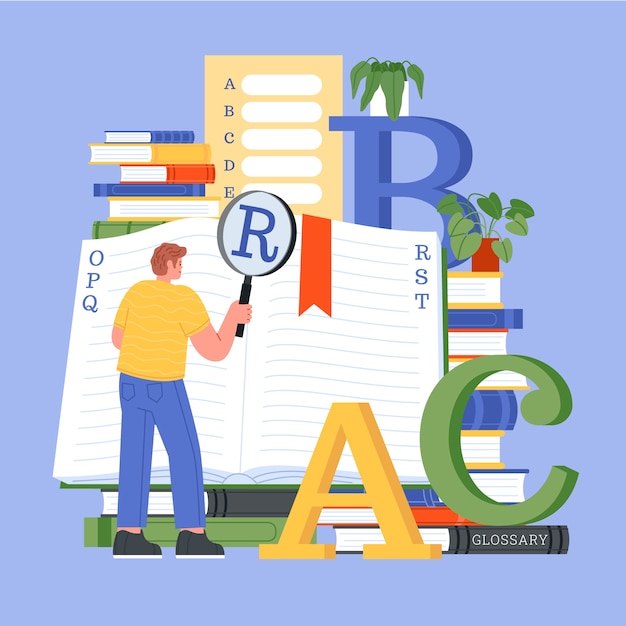
The Past Simple tense is used to talk about actions or situations that occurred and were completed in the past. In this article, we will focus on regular verbs in the Past Simple tense.
Regular Verbs in Past Simple Tense
Regular verbs follow a specific pattern when forming the Past Simple tense. The pattern involves adding “-ed” to the base form of the verb. Let’s take a look at some examples:
| Base Form | Past Simple |
|---|---|
| work | worked |
| play | played |
| jump | jumped |
| talk | talked |
| clean | cleaned |
As seen in the table, the regular verbs all end with “-ed” in the Past Simple tense. It’s important to note that this pattern is applicable to regular verbs only. Irregular verbs have their own unique forms in the Past Simple tense.
Usage of Past Simple Tense
The Past Simple tense is commonly used to:
- Describe completed actions in the past.
- Talk about past habits or routines.
- Express past events or experiences.
- Discuss a sequence of past actions.
Here are some examples:
- I worked late last night.
- She played the piano when she was young.
- We jumped over the fence to escape.
- He talked to the teacher after class.
- They cleaned their rooms before the guests arrived.
These sentences illustrate actions that happened in the past and were completed. The Past Simple tense helps convey a sense of time and provides clarity in storytelling.
Formation of Negative Sentences
To form negative sentences in the Past Simple tense, we use the auxiliary verb “did not” (didn’t) + the base form of the verb. Let’s see some examples:
| Base Form | Negative Past Simple |
|---|---|
| work | did not work |
| play | did not play |
| jump | did not jump |
| talk | did not talk |
| clean | did not clean |
In negative sentences, “did not” (didn’t) is placed before the base form of the verb, and the verb remains in its base form.
Formation of Questions
To form questions in the Past Simple tense, we use the auxiliary verb “did” + the subject + the base form of the verb. Let’s look at some examples:
| Base Form | Past Simple Question |
|---|---|
| work | Did you work? |
| play | Did she play? |
| jump | Did they jump? |
| talk | Did he talk? |
| clean | Did we clean? |
In questions, “did” is placed at the beginning of the sentence, followed by the subject and the base form of the verb.
Understanding and using the Past Simple tense with regular verbs is essential for effective communication in English. It allows us to express past actions, habits, and events accurately. Remember to practice and familiarize yourself with various regular verbs in the Past Simple tense to improve your English fluency.



